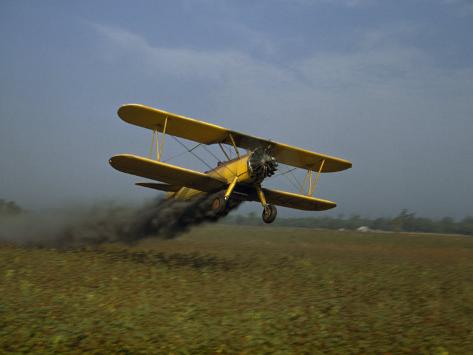The Good, The Bad, The Ugly
 The good things I felt worked in my writing process:
The good things I felt worked in my writing process:
I felt that I handled the development assignments well and made an excellent effort to compose my initially draft early and revise it often. I had a lot of input and feedback thrown at me from both aviation and non-aviation students on the topic. I even stopped at the writing center in the library a few times to have more professional writers give me solid advice in the improvements I needed to make. I was very satisfied with the outcome and I really enjoyed the project and the additional writing practice it provided.
The bad in my writing process:
I neglected to create a Rhetorical Analysis Document for all of my sources as well as summaries for each source. I managed to create two RAD's and one summary at the initial stages of the writing process, however; I was not aware that each source we chose required a RAD and summary. In all honesty, I felt that because I have done very similar, if not, exactly the same style project in College Writing 2, so I did not take the "baby steps" as seriously. As soon as the assignment was given to us, I had already developed a mental outline of what I was going to write about without any pre-planning. I still completed the pre-drafting assignments, but I did not continue further preparation because I felt I was ready to write out the entire paper from introduction to conclusion.
The ugly portion of my process:
I cannot say that any portion of my writing process went absolutely awful. I enjoyed the entire process and I feel that it went well from beginning to end. However, the fact that I feel like I did not do enough to aid my peers bothers me. I feel that the awful portion of my process was the fact that I did not make any attempt to help any other students without direction from our professor. I only aided those who shared the front-left side row when I could have helped the entire class. My failure to go above and beyond is most definitely the black hole of my project.



